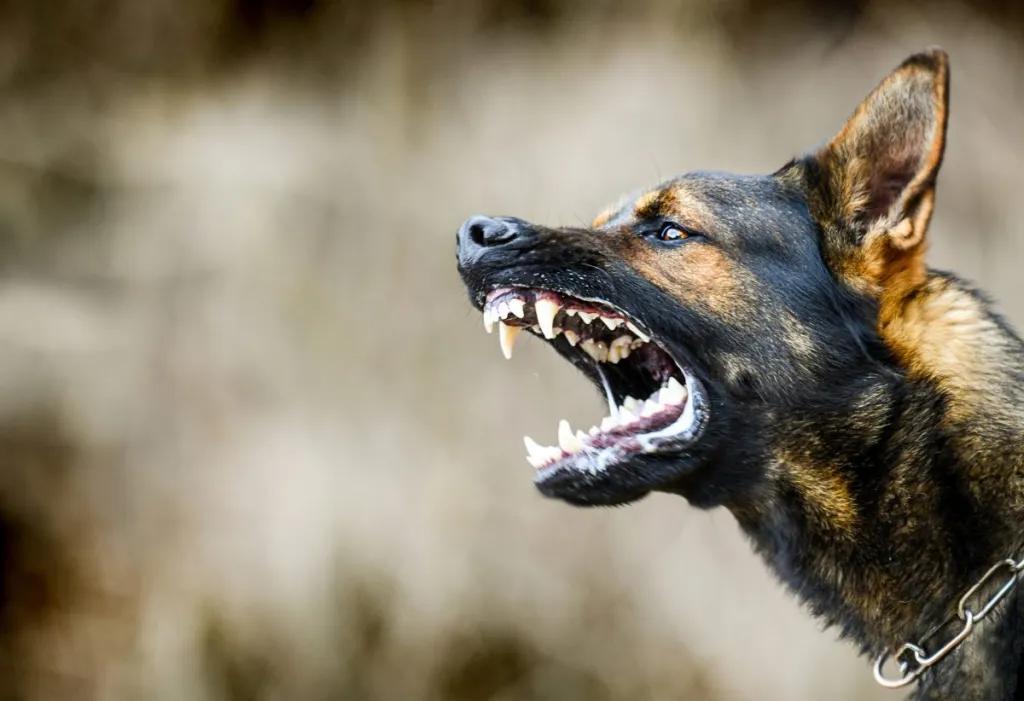Rabies is a fatal, viral disease that attacks the brain and the nerves in your dog, and in people as well. Most dogs contract rabies through interaction with infected wildlife, such as raccoons, bats, skunks, coyotes, and possums. While most rabies is transmitted through bites from a rabid animal, it can also be spread through contact with broken skin.
Preventing rabies in dogs
Preventing rabies in dogs is crucial for their health and the safety of those around them. Follow these essential tips to keep your furry companion safe:
Vaccinate: Ensure your dog receives timely rabies vaccinations, a primary defense against the virus.
Leash up: Always keep your dog on a leash during walks to minimize contact with potentially infected animals.
Supervise your dog: Avoid unsupervised outdoor activities in environments where your dog might encounter wildlife.
Secure fences: Securely enclose your yard to prevent your dog from wandering into unknown areas.
Avoid strays: Steer clear of stray animals, as they may carry the rabies virus.
Seek vet care: Take your dog to a veterinarian immediately if your dog gets bitten or scratched by an unknown animal.
ID your dog: Keep your dog license and your canine companion’s ID up to date. This will aid in identification if your dog is lost and quick response in case of exposure.
By diligently following these guidelines, you can significantly reduce the risk of rabies in your beloved canine companion.
Symptoms of rabies in dogs
The most frequent sign of rabies in dogs is an unexplained change in behavior, usually when a normally friendly dog turns aggressive or acts strangely for no apparent reason. A wild animal’s reaction may be entirely different. They may act tame and unafraid when approached by people. A rabid animal will begin to exhibit abnormal behavior two to six months after contact. Then, death will likely occur in a matter of days. There is no way to save an infected animal’s life because there is no cure for rabies. However, not every dog or every animal (including humans) exposed to a rabid animal will contract rabies.
If you suspect your dog may have contracted rabies, be extremely careful and avoid all contact with them. Isolate your dog and call your veterinarian, as well as animal control, immediately. By law, you must make these notifications to protect the public. Let your doctor know if your dog has been vaccinated.









